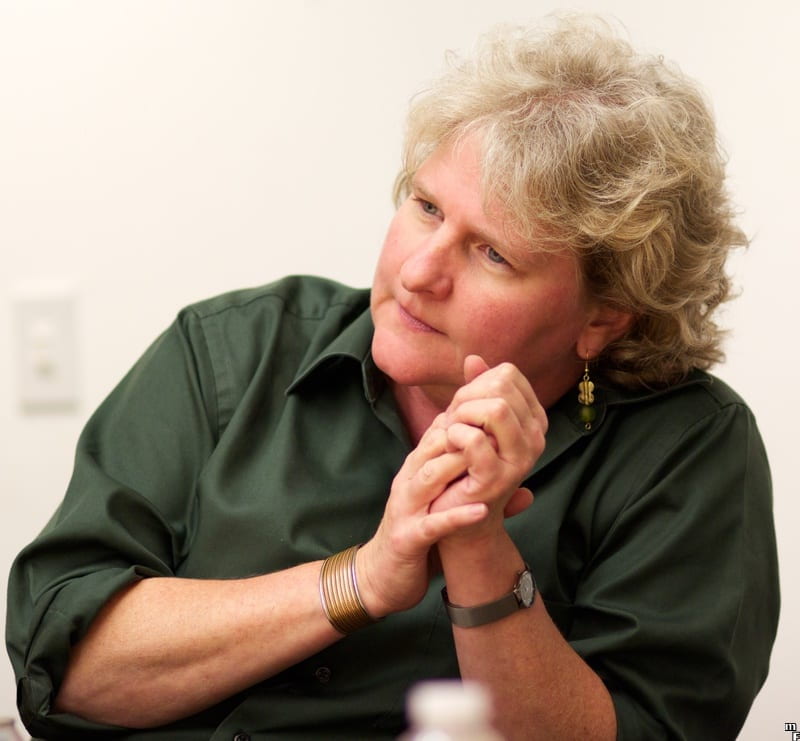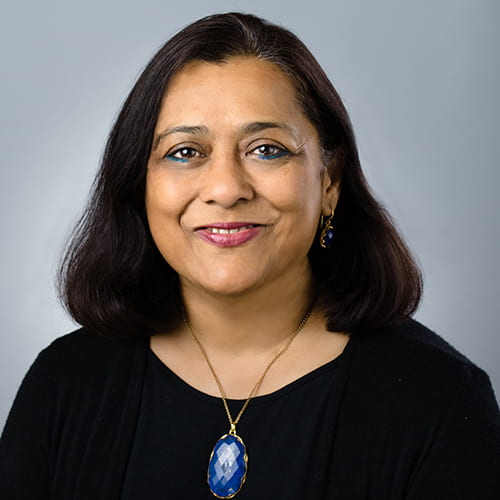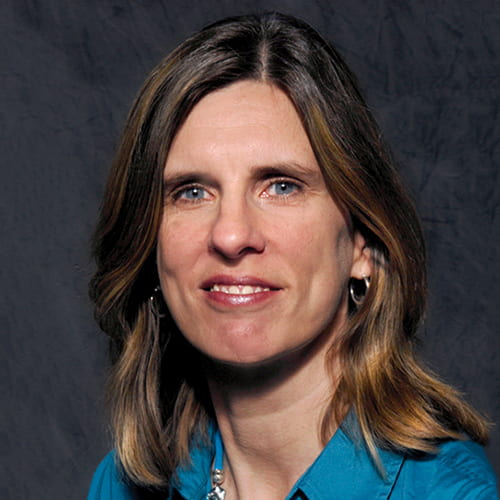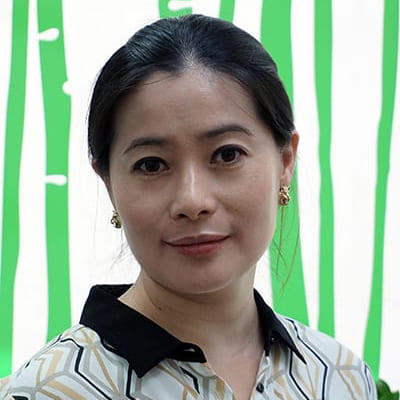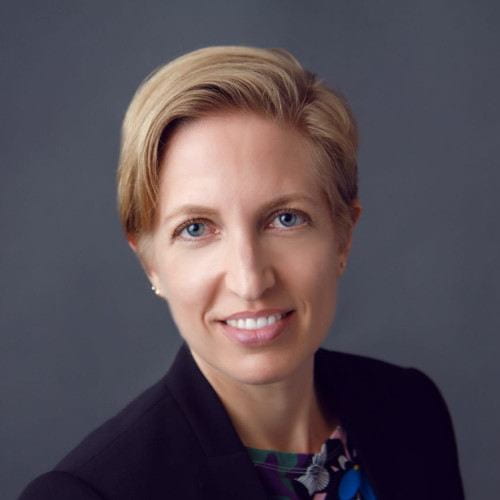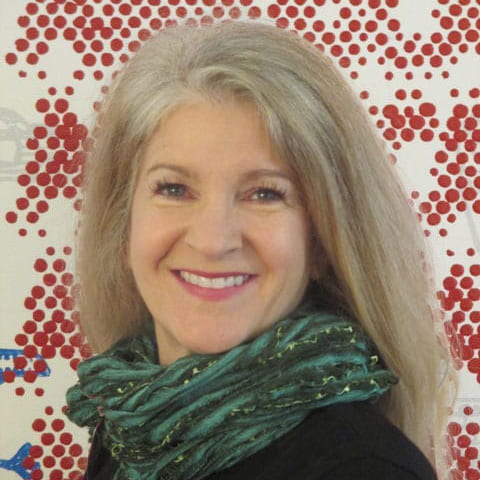
Kathryn McKinley (B.A. ’85, M.S. ’90, Ph.D. ’92) is a Senior Staff Research Scientist at Google, but she launched her career as a Computer Science professor at the University of Massachusets at Amherst and the University of Texas at Austin.
She is interested in creating systems (programming languages, compilers, runtimes, and architectures) that make programming easy and the resulting programs correct and efficient. She and her collaborators have produced several widely used tools: the DaCapo Java Benchmarks (30,000+ downloads), the TRIPS Compiler, Hoard memory manager, MMTk memory management toolkit, and the Immix garbage collector.
Her awards include the ACM SIGPLAN Programming Languages Software Award; ACM SIGPLAN Distinguished Service Award; and Best and Test-of-Time paper awards from ASPLOS, OOPSLA, ICS, SIGMETRICS, IEEE Micro Top Picks, SIGPLAN Research Highlights, and CACM Research Highlights. She served as program chair for ASPLOS, PACT, PLDI, ISMM, and CGO. She is currently a CRA and CRA-W Board member. She is an IEEE Fellow and an ACM Fellow and has graduated 22 Ph.D. students.
She is also an advocate for gender parity across technology-related programs and careers in academia and industry. Her February 2018 SIGARCH blog post, “What Happens to Us Does Not Happen to Most of You,” helped start deeper conversations and subsequent action in the CS academic community.
Read her Rice CS Alumni Profile: https://www.cs.rice.edu/mckinley.
